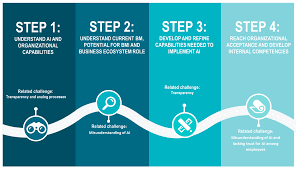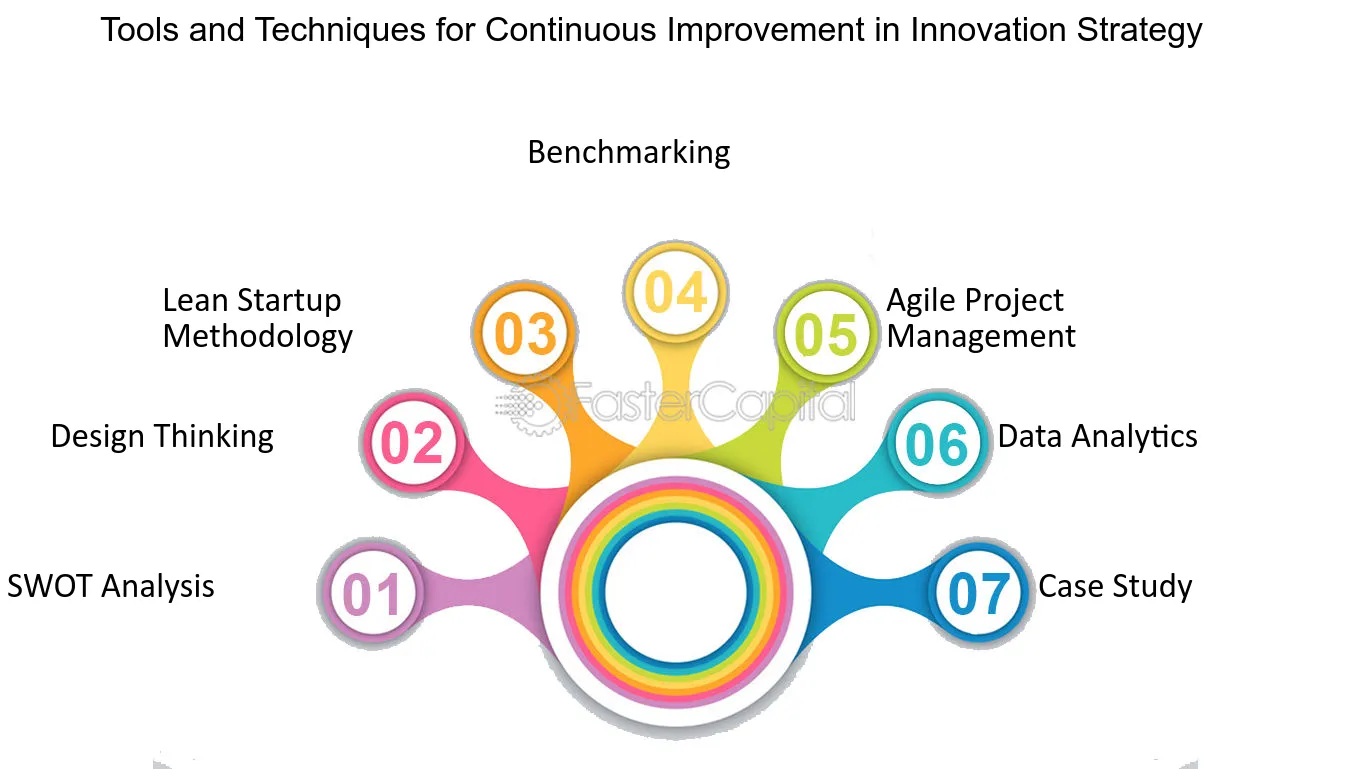Transforming Business: Building a Resilient AI Strategy for Long-Term Success
- Tăng Quang Bình - Ben
- Jun 10, 2024
- 3 min read
Updated: Jul 7, 2024
In the previous chapters, we discussed
Introduction: The Importance of a Resilient AI Strategy
In today's fast-paced world, businesses need to stay ahead of the curve to succeed. One of the most promising tools for achieving this is Artificial Intelligence (AI). But it's not enough to simply adopt AI; businesses need a resilient AI strategy to ensure long-term success. This means creating a plan that can withstand challenges and adapt to changes. A resilient AI strategy helps businesses stay flexible, scalable, and innovative, ensuring they can thrive in an ever-evolving market.
Developing a Comprehensive AI Roadmap
Creating a comprehensive AI roadmap is the first step in building a resilient AI strategy. This roadmap should outline the steps needed to implement AI in a business. Start by identifying the goals of your AI initiative. What do you hope to achieve with AI? This could be improving customer service, increasing operational efficiency, or making better business decisions.
Once you have clear goals, break down the implementation process into manageable steps. This might include researching AI tools, training employees, and integrating AI into existing systems. Set clear milestones and deadlines to keep the project on track. Regularly review and update the roadmap to ensure it remains relevant and aligned with your business goals.
Risk Management in AI Implementation
Implementing AI comes with its own set of risks and challenges. Identifying these risks early on and developing strategies to manage them is crucial for building a resilient AI strategy.
One major risk is data security. AI systems rely on large amounts of data, which can be a target for cyberattacks. To mitigate this risk, implement strong data security measures, such as encryption and regular security audits. Ensure that all employees are trained in data security best practices.
Another risk is the potential for bias in AI algorithms. Bias can lead to unfair or inaccurate outcomes, damaging your business's reputation. To address this, regularly review and test your AI algorithms for bias. Use diverse data sets and involve a wide range of stakeholders in the development process to ensure your AI solutions are fair and unbiased.
Sustaining Continuous Improvement and Innovation
A resilient AI strategy requires a commitment to continuous improvement and innovation. This means constantly looking for ways to enhance your AI solutions and stay ahead of the competition.
Encourage a culture of continuous improvement within your organization. This could involve regular training sessions for employees, keeping up-to-date with the latest AI research, and encouraging feedback and suggestions for improvement. Set aside time and resources for innovation, such as dedicated teams or labs focused on developing new AI applications.
Stay informed about the latest trends and developments in AI. This could involve attending industry conferences, subscribing to AI newsletters, or participating in online forums and communities. By staying informed and open to new ideas, you can ensure your AI strategy remains cutting-edge and resilient.
Continuous Improvement and Innovation
AI is not a one-time project but an ongoing process. Monitoring and refining AI systems is essential for continuous improvement. Companies need to regularly check how their AI systems are performing and make adjustments as needed. This helps to ensure that AI remains effective and continues to deliver value.
Encouraging a culture of innovation is also important. Companies should foster an environment where new ideas and improvements are welcomed. This can lead to the development of new AI applications and further enhancements to existing systems.
Case Studies: Businesses with Resilient AI Strategies
Many businesses have successfully implemented resilient AI strategies, setting an example for others to follow. For instance, Amazon uses AI to optimize its supply chain and improve customer recommendations. By investing in scalable AI solutions and continuously innovating, Amazon has maintained its competitive edge in the market.
Another example is Netflix, which uses AI to personalize content recommendations for its users. Netflix's AI strategy involves regularly updating its algorithms and investing in new AI technologies to enhance the user experience. This commitment to continuous improvement has helped Netflix retain its position as a leader in the streaming industry.
These case studies highlight the importance of flexibility, scalability, and continuous improvement in building a resilient AI strategy. By learning from these examples, businesses can develop their own strategies to achieve long-term success
Conclusion: The Future of Resilient AI in Business
Building a resilient AI strategy is crucial for long-term success in today's business world. By developing a comprehensive AI roadmap, ensuring flexibility and scalability, managing risks, and committing to continuous improvement and innovation, businesses can stay ahead of the curve and thrive in an ever-evolving market.
The future of AI in business looks promising, with new advancements and applications emerging every day. By building a resilient AI strategy, businesses can harness the full potential of AI and achieve lasting success.















Comments